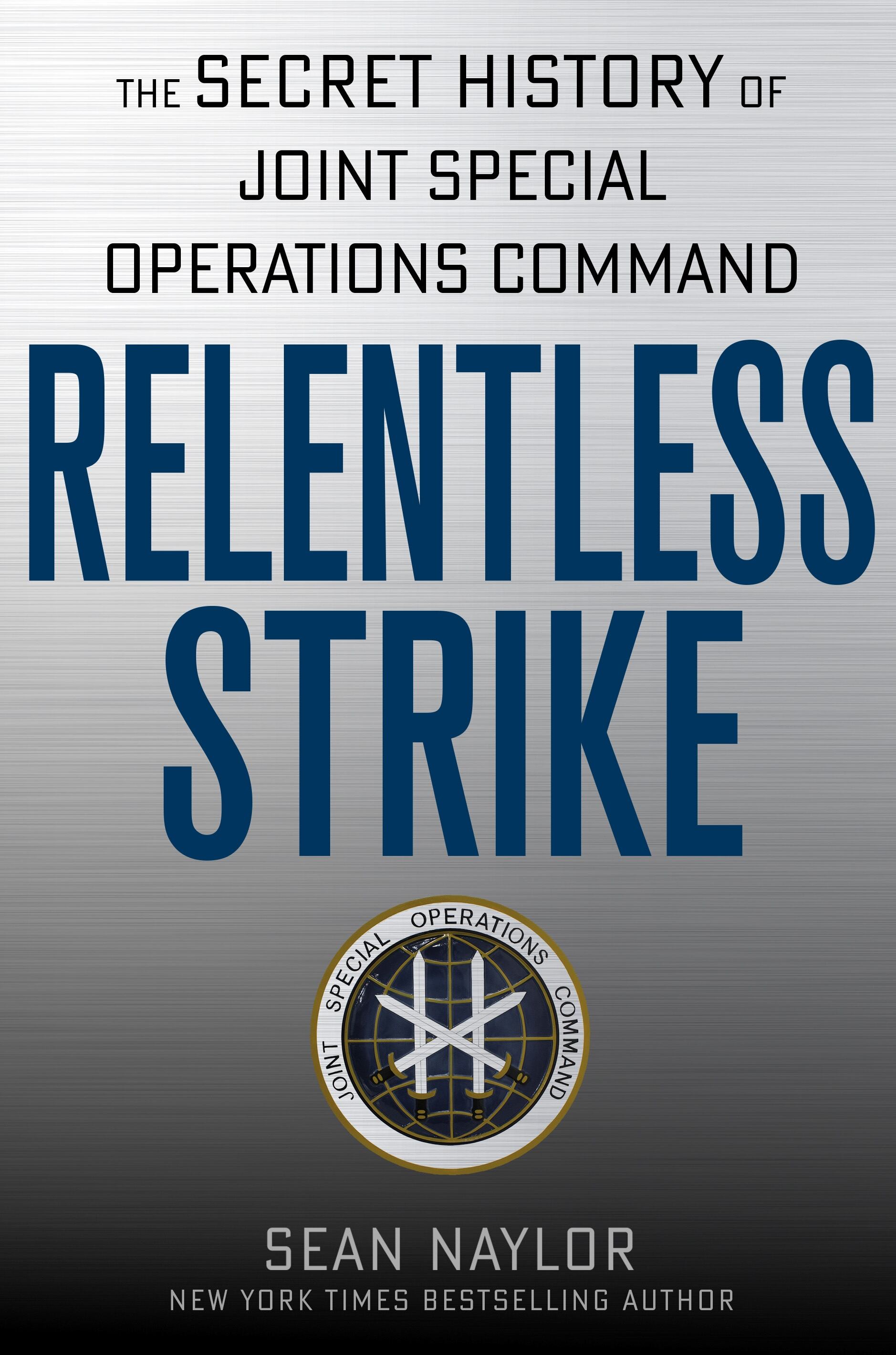Over the past quarter-century, Sean Naylor has become one of the country's foremost experts on special operations forces.
Naylor, a former senior staff writer for Army Times and current contributing editor to Foreign Policy magazine, now has collected a good deal of that expertise in a new book, "Relentless Strike: The Secret History of Joint Special Operations Command," available Tuesday in bookstores and online.
In the book, Naylor delves deep into the military's most secretive and shadowy organization and takes readers into the heart of battle onboard the "Little Birds" of the 160th Special Operations Aviation Regiment and alongside the elite warriors of the Army's Delta Force and Rangers, and into the opaque world of the Navy's SEAL Team 6.
Military Times sat down with Naylor to talk about JSOC's still-evolving and increasingly pivotal role in U.S. military operations and what lies ahead for America's spec ops forces.
Q. What are some of the factors that transformed JSOC into the premiere force in the war on terrorism?
A. First is just the happenstance of the mission set and the circumstances that the nation found itself in after 9/11. There was a declared "global war on terror" and JSOC was the go-to counterterror force. Secondly, you can't discount the individuals, first among those being Gen. Stanley McChrystal, who took command of JSOC in 2003. He took an organization conceived for short-notice or no-notice missions, limited in geographic scope, and turned it into an organization capable of running nonstop campaigns of indefinite lengths around the world.
Q. JSOC has seen an enormous expansion of its power and influence inside the military. Where does it go from here?
A. One area they have already expanded into and, I'm told, will potentially assume a larger role in, is the cyber warfare area.
Clearly, that is an increasingly important domain, and I suspect JSOC is not going to be left behind as organizations jockey for a role in that domain. Secondly, I suspect that in the absence of a major land war, JSOC will continue to work in the shadows against al-Qaida and its affiliates in North Africa, but particularly against the Islamic State.

"Relentless Strike" is available in bookstores and online beginning Tuesday.
Photo Credit: St. Martin's Press
Q. DoD is planning to open all billets to women in 2016, barring any exemptions. Assuming JSOC goes along, how do you foresee the command integrating women into its direct action units?
A. JSOC and its subordinate special operations units in particular have a lot of experience using women in what would otherwise have been considered all-male roles. Delta Force since the 1980s has had women in it. It's certainly true that if Delta or SEAL Team 6 accepts women using the same selection and acceptance criteria that they use for men, it will be a lot harder for some other units, perceived as not as elite, to exclude them.
Q. If the U.S. went to war with Russia or China, how would JSOC's role evolve from what its role has been in the war on terrorism?
A. If the U.S. went to war with a major power, there is no doubt at all that JSOC would have a major role. For one thing, the country hasn't spent billions on that capability to leave it on the shelf when there is a real, no-kidding, vital national interest war. Even in smaller but major operations such as the invasions of Panama or Grenada, JSOC had major — in fact, leading — roles. JSOC's capabilities are many, and many can be adapted to war with a major power vice a counterterror or counterinsurgency operation.
Q. The services are almost all downsizing or staying static, and there is much talk of a lighter, more agile force. Is that basically code for pouring money into special operations and JSOC?
A. There has been a trend of conventional forces taking on roles that hitherto had been the sole preserve of special operations forces. Training host nation militaries, for example, is a classic Army Special Forces mission. I suspect national leaders will continue to see JSOC as ... a very high return on investment. They have been largely shielded from budget cuts in recent years, and I expect that will continue. And they will continue to be very busy in the foreseeable future.
David B. Larter was the naval warfare reporter for Defense News.





